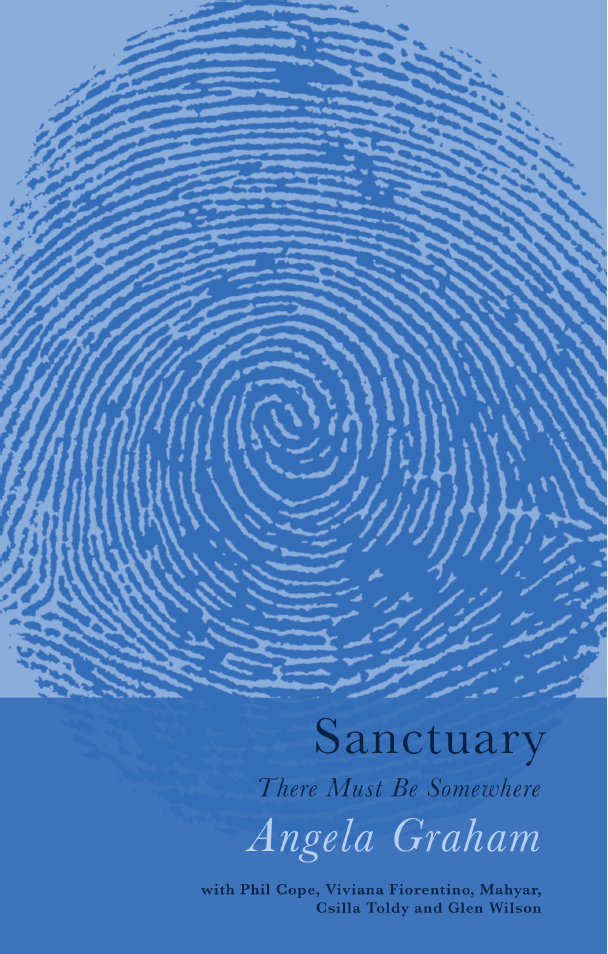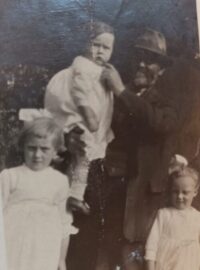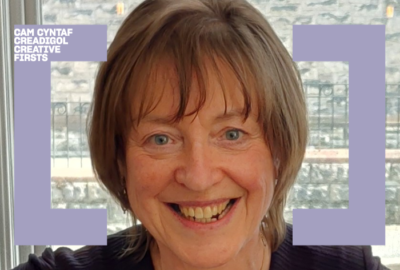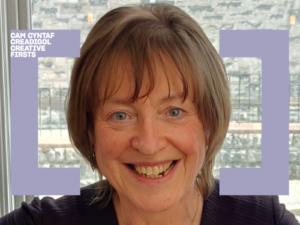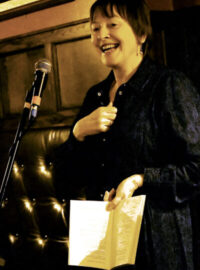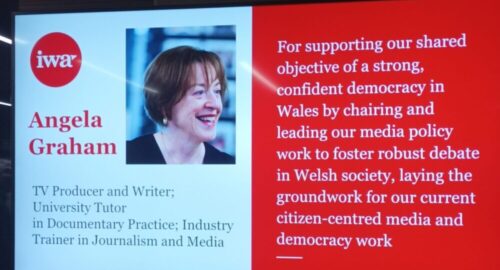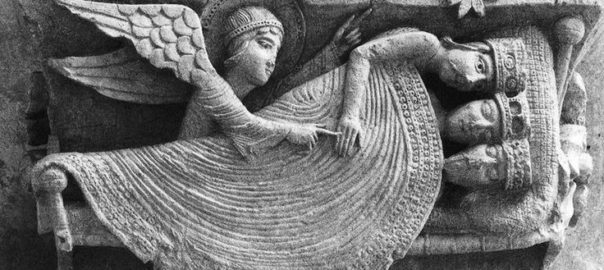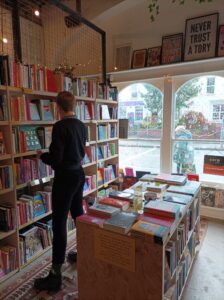Liam Logan interviewed me for a programme in his 8-part series on Ulster-Scots writing, ‘A MIGHTY MALLET’ made by Belfast cable channel Northern Visions (NVTV).
The series showcases the work of the Rhyming Weavers or Weaver Poets, working-class writers of the late 18th and early 19th century in the north of Ireland, who wrote in their vernacular and were influenced by Robert Burns. The programmes feature the work of James Orr, Samuel Thompson, Hugh Porter and John McKinley, David Herbison and Sarah Leech from Co Donegal, the only known female Irish weaver poet.
Liam Logan has added three contemporary writers in Ulster-Scots: Angeline King, Gary Morgan and myself.
The half-hour documentary on my work can be viewed here:
You can find the rest of the series at nvtv.co.uk Go to “on demand” and then “language”, “Ulster-Scots” . Continue reading NVTV profile of my Ulster-Scots poetry →

